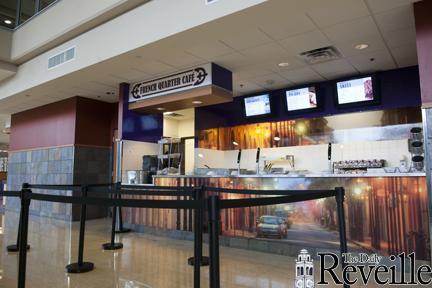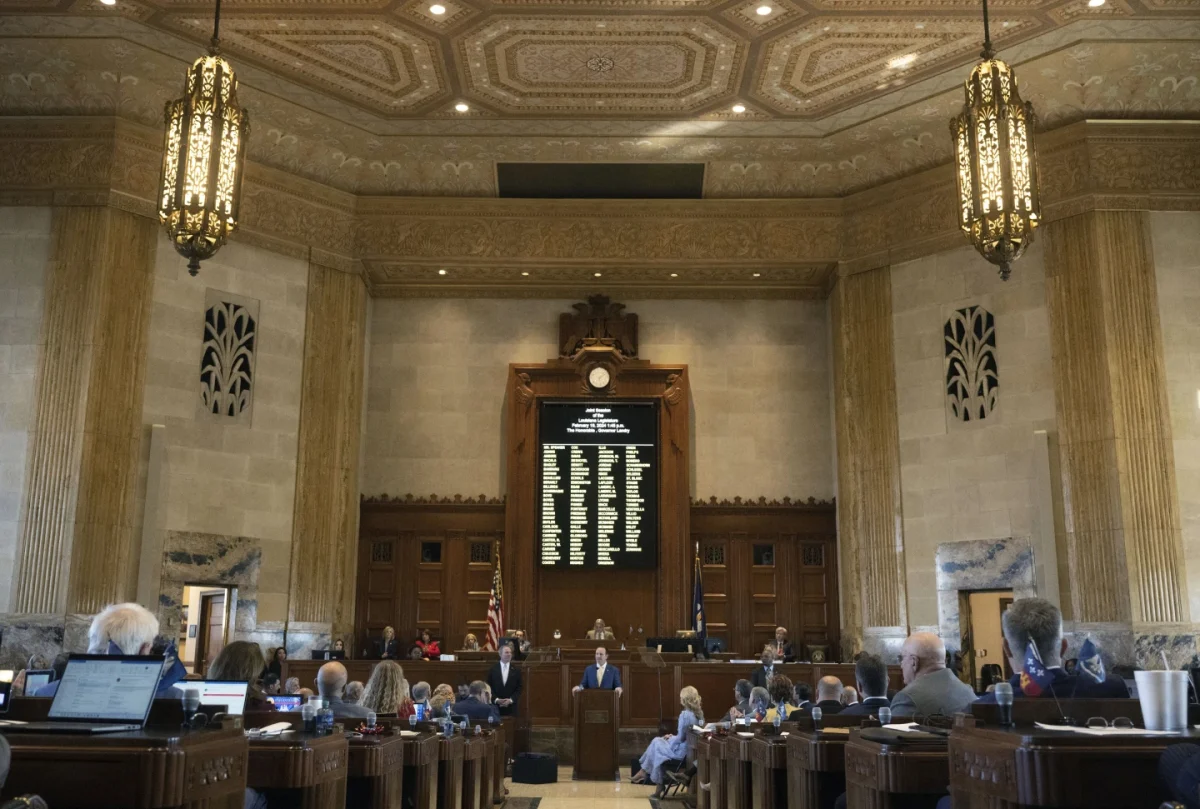Currently, dining options on campus are limited. Most food vendors, mainly fast food chains, concentrate in the Student Union, and a few dining halls and sandwich kiosks scatter the campus. Thousands of students depend on these limited options for lunch everyday, and for some, breakfast and dinner too. During peak hours, students have to wait in long lines before they can get the same sandwiches and burgers every day. Also, the quality and the pricing of campus dining are not satisfactory, at least in my opinion.
Restaurants near campus are located in several shopping areas,including Northgate, two plazas on Burbank Drive, Highland Road, East Boyd Drive, etc. Among these locations, only Northgate is barely walkable from the center of the campus within lunch time frame. Traditionally, Northgate is an important commercial area which fostered some of students’ favorites, like Canes, Chimes, Highland Coffees, etc. But the expansion of this area is impeded by persisting safety issues. Also for those with tight schedules and those toward the south end of the campus, Northgate is too far for lunch.
I have visited a few public and private schools over the past years for academic or personal occasions, and I have noticed many of them have more diversified dining options than us. Food choices in those schools are ample, affordable and visibly internationalized. Generally, they either have a more concentrated restaurant block or street that is walkable from most of the campus, or permit food trucks on their campus, or both.
A centralized food district provides abundant choices which allow students to compare and alternate, therefore drawing more patrons than individual plazas (that’s exactly why they agglomerate into plazas in the first place). Needless to say, such a food district’s proximity to where everybody is ensures both convenience and ongoing business. But LSU is a flagship public university with a very expansive campus. The roughly regular shape of the campus east of Nicholson Drive (where most teaching and research activities take place and most on-campus students reside) means there isn’t any place adjacent to the campus that is significantly closer in average than others. Ideally, Student Government or other student entities could discuss with nearby restaurants to see if they like the idea of merging into larger plazas, or help them rent University-owned property to build a nearer food plaza, but it would take tremendous resources and it might be inevitable that student organizations need to be involved into actual financial decisions. Both make this option not preferable. Also interference with private businesses may be subject to opposition by many, although this kind of whole-scale planning is not without precedents.
Food trucks, on the other hand, are a lot more feasible. It doesn’t require acquiring land and building properties. Without the need to pay rent, meals can be offered at more competitive prices. Local small businesses would be greatly benefited as students are fed. Individual food vendors are much more characteristic than fast food chains, so they can bring in a big variety. With a student body as large as LSU’s, food trucks will be very profitable, and they will compete and strive to offer the best food for students. With competition from food trucks, even LSU Dining will be motivated to improve their service. So it will be a win-win-win situation.
There are a few things that Student Government or other student entities have to work on to make food trucks regularly show up, but these steps are very feasible. To start, student organizations (or ‘we’ in the following) can discuss with a few local restaurants to see if they are willing to run food trucks. Then we can work with University’s Office of Parking to create designated spaces for food trucks. Tower Drive between the Union and South Campus Drive is a good option since it’s near the campus center, and it’s not open to through traffic during work hours. We can assistant these food venders to obtain limited time parking permits. If individual vendors not affiliated with established restaurants would like to participate, we should make sure they also receive city inspection for food safety. Parking spaces are limited, so we may need to distribute parking permits on a first come first serve basis in the beginning of each semester. We need to ensure no serious smoke or noise would pollute our campus. Also, we have to closely watch new regulations from the University since the Dining service may have the intention to kick out independent food trucks, as what once happened at University of Alabama.
As a food person I have been long bothered by the lack of options for lunch, and this feeling is shared among many of my friends and colleagues. I think the introduction of food trucks will lift our lunch quality phenomenally.
Qin-Qin Lü
Ph.D. student at Department of Physics and Astronomy
Letter to the Editor: Campus dining options too limited
By Qin-Qin Lü
July 17, 2013

French Quarter Café replaced Quiznos in the Student Union’s Tiger Lair in fall 2012.
More to Discover




